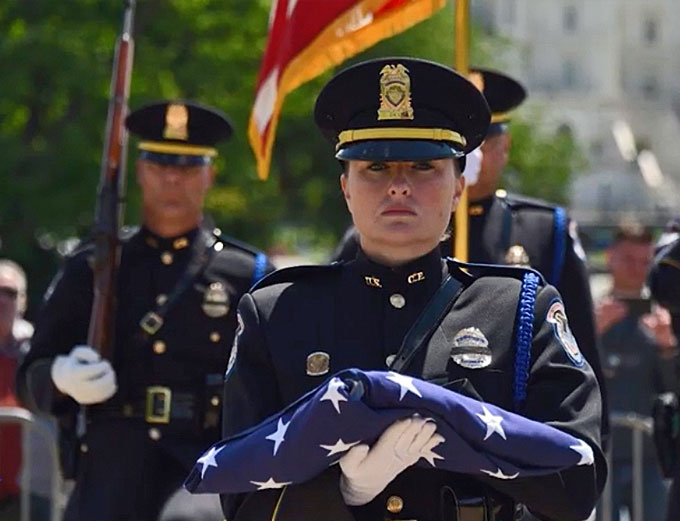
Patrick Yoes, National President of the Fraternal Order of Police (FOP), expressed the organization’s gratitude to the United States Senate, which unanimously passed S. Res. 577 during National Police Week.
The resolution, introduced by Senators Lindsey O. Graham (R-SC), and Dianne G. Feinstein (D-CA), was cosponsored by 87 members of the United States Senate and designates the week of 10 May through 16 May, 2020, as “National Police Week.”
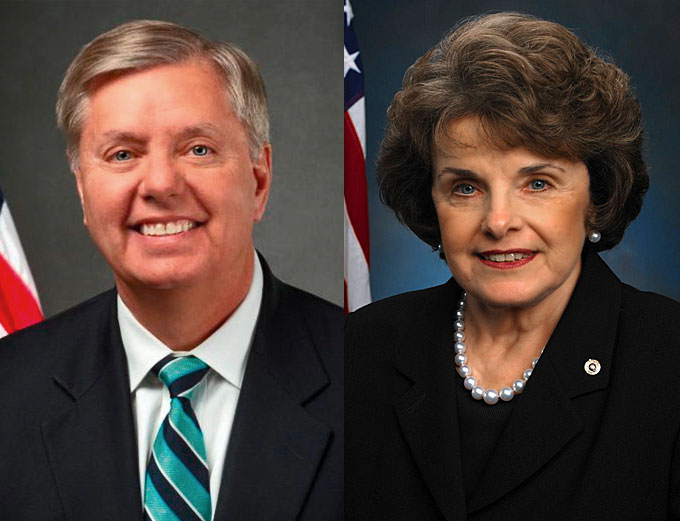
“For the second year in a row, the Senate has sent a strong, clear message of support to the men and women of law enforcement,” said Yoes.
“During a time when our officers are struggling to keep our streets and neighborhoods safe during this pandemic, the FOP is deeply grateful to the 87 members of the Senate for standing in solidarity with our officers.”
“Passing the resolution unanimously during National Police Week really means a lot to our officers and we are thankful.”
The U.S. House of Representatives, for the second year in a row, has failed to pass a similar resolution or even consider it in committee.
Last year, Representatives Michael P. Guest (R-MS) and Peter T. King (R-NY) introduced H. Res. 383, which would have expressed support for recognizing National Police Week in 2019. It was never considered.
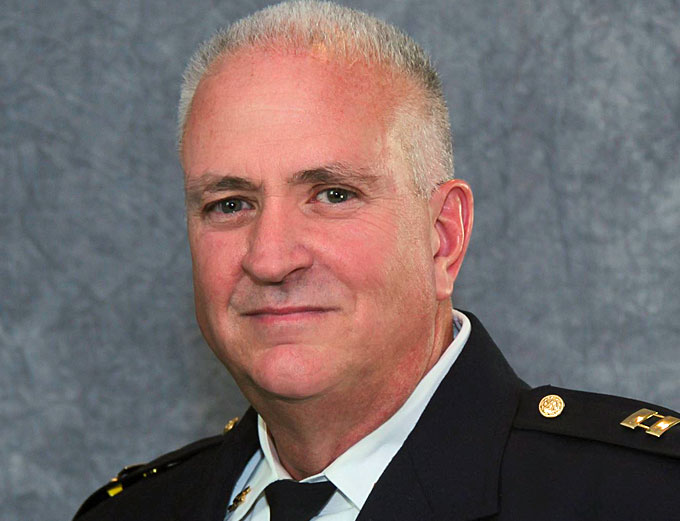
“We are saddened by the lack of support from the House, especially during National Police Week,” said Yoes.
“I understand that the House is busy working to respond to the coronavirus, but there was no pandemic last year during National Police Week.”
“The fact that this is the second year in a row that the House has failed to show their support for America’s law enforcement heroes—it sends a very clear message.”
For the first time in over thirty-nine years, the National Fraternal Order of Police, families and colleagues of the nation’s fallen peace officers could not come together in Washington D.C. to honor the memories of our heroes due to the COVID-19 pandemic.
Rather, they assembled virtually on 15 May at to honor the 185 law enforcement officers who gave their lives in the line of duty with a special video production streamed on the FOP social media platforms.
“While we cannot come together and draw strength from one another on the lawn of the Capitol this year, the National Fraternal Order of Police remains committed to paying tribute to the nation’s fallen heroes,” added Yoes.
“To be clear, nothing—not even COVID-19—will deter us from honoring our fallen officers who made the ultimate sacrifice for their communities.”
(A virtual tribute to our fallen brothers and sisters who gave their lives in the service of their community. Courtesy of the GLFOP and YouTube. Posted on May 1, 2020.)
In October 1962, President John F. Kennedy signed a proclamation designating May 15th as National Peace Officers’ Memorial Day.
Since the signing of this proclamation, this date has been the official day of recognition for law enforcement officers who have lost their lives in the performance of their duty.
This is the 39th year that the Fraternal Order of Police and its Auxiliary have held the National Peace Officers Memorial Service.
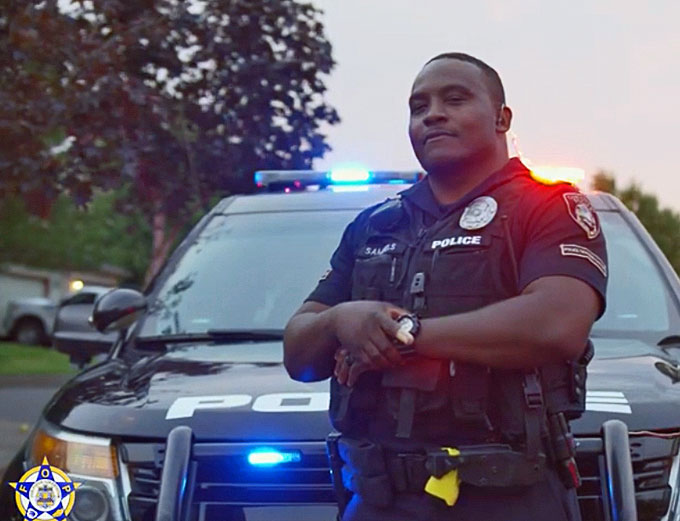
Senate Passes Vital Legislation During National Police Week
Addresses Law Enforcement Officer Suicides and Deaths Due to COVID-19
Furthermore, President Yoes applauded news that the United States Senate considered and passed three bills strongly supported by the FOP during National Police Week.
Two of the bills, S. 2746, the “Law Enforcement Suicide Data Collection Act,” and S. 3434, the “Confidentiality Opportunities for Peer Support (COPS) Counseling Act,” were introduced by Senator Catherine Cortez Masto (DNV) and passed by unanimous consent.

Both bills would enhance efforts to assist our law enforcement officers with mental health and wellness.
The first would establish a program to collect data on law enforcement and former law enforcement suicides at the local, State, and Federal level.
The second bill would reduce the barrier for law enforcement officers who try to access mental health resources by increasing the level of confidentiality for individuals seeking peer support counseling.
“Law enforcement officers, unfortunately, see the very worst of humanity with some statistics suggesting that a police officer will experience more traumatic events in six months than the average person will experience in a lifetime,” said Yoes.
“We know that officers in crisis need help, but the Law Enforcement Suicide Data Collection Act will give us the information we need to be successful in our efforts to help them.”
“Peer support programs serve a valuable role in providing mental health to law enforcement officers and with the COPS Counseling Act, we’ll be able to ensure that our heroes will be better equipped to address a personal or professional crisis and to protect and serve their communities.”
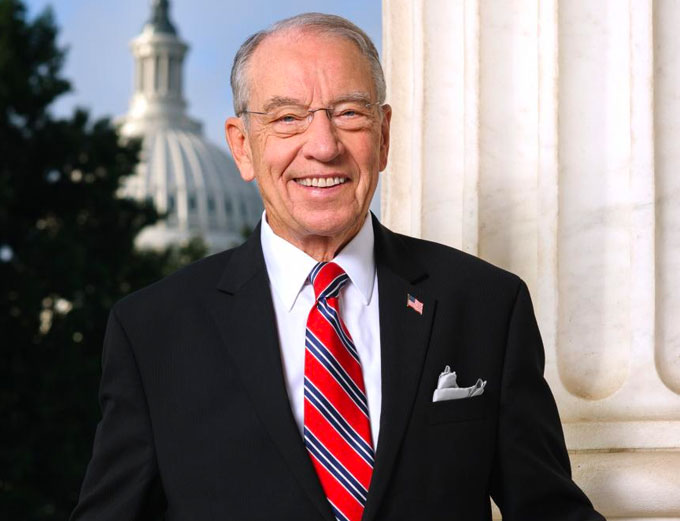
The Senate also passed S. 3607, the “Safeguarding America’s First Responders Act,” which was introduced by Senators Charles E. Grassley (R-IA) and Corey A. Booker (D-NJ).
This legislation would establish a presumption that law enforcement or other public safety officers who die or become disabled from COVID-19 or complications related to COVID-19 did so because they sustained a personal injury in the line of duty, provided that the officer engaged in line-of-duty actions between 1 January 2020 and 31 December 2021.
“We knew at the beginning of the COVID-19 pandemic that law enforcement officers on the frontlines combating this pandemic would be increasingly vulnerable to contracting the virus—as of today, 105 law enforcement officers have died due to COVID-19,” said Yoes.
“This legislation ensures that our officers who contract COVID19 in the line of duty are eligible for benefits should they die or become disabled from the virus.”
“At a time of heightened risk from this pandemic, we believe this is necessary to ensure that these officers and their families, who are not able to ‘stay at home’ during this crisis, will be taken care of in the event they are disabled and unable to continue to serve as law enforcement officers.”
“All three bills will be transmitted to the U.S. House of Representatives for further action.”
(Learn how COVID-19 is impacting our nations law enforcement officers. Courtesy of the GLFOP and YouTube. Posted on Apr 23, 2020.)















